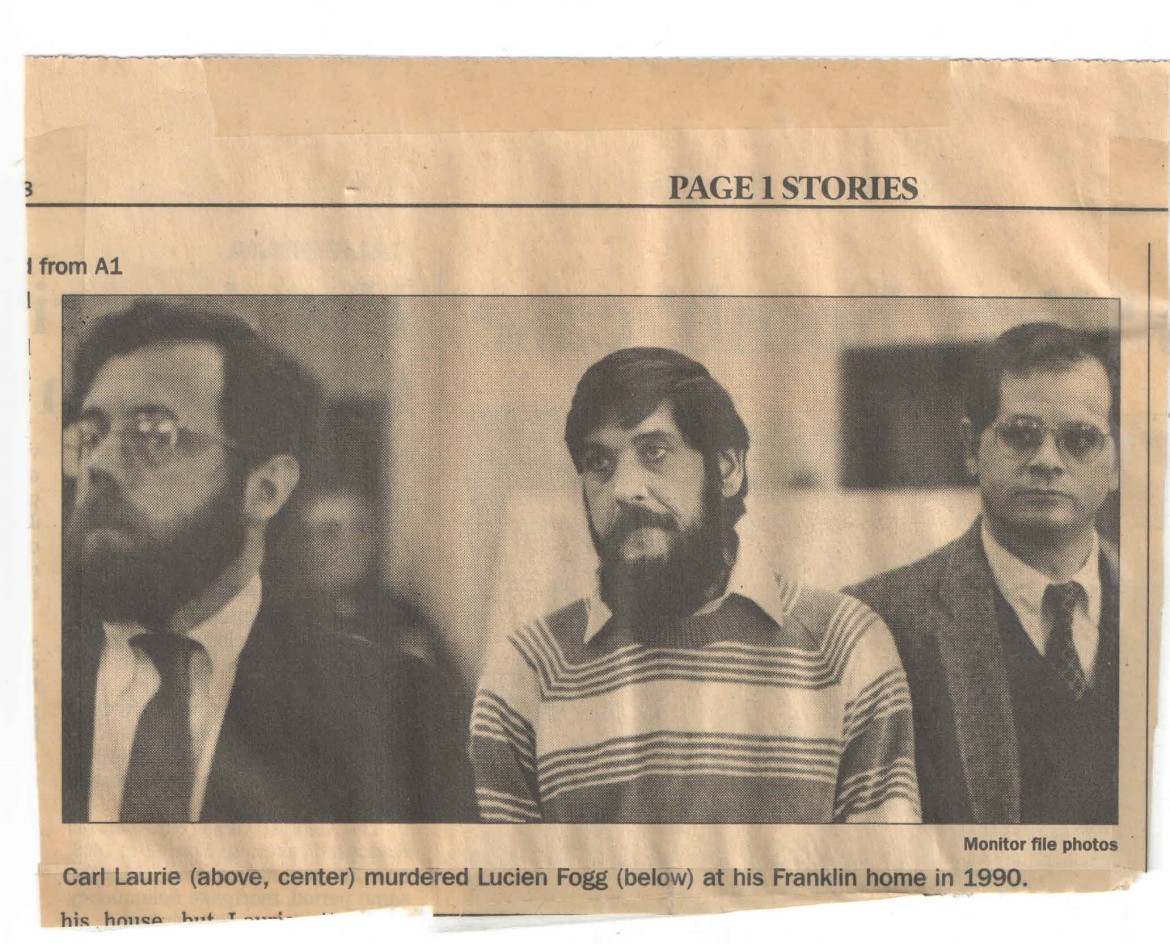By NANCY WEST, InDepthNH.org
CONCORD – If criminal defendants believe they weren’t notified about a dishonest law enforcement officer in their case, they should contact their attorney, according to Senior Assistant Attorney General Geoffrey Ward.
The 264 names on the secretive Laurie List, now known as the Exculpatory Evidence Schedule, will likely remain secret for now despite Judge Charles Temple’s ruling last month that the list – including the unredacted names – is a public record.
Attorney General Gordon MacDonald has indicated he will appeal Temple’s decision to the Supreme Court.
On Wednesday, Judge Temple signed a stipulation essentially ending the case in Hillsborough County Superior Court with his April 23 order denying the state’s motion to dismiss standing as the final ruling.
On Wednesday, Ward said a total of seven names have been removed from the list as allowed under protocols that went into effect in 2017 and 2018.
When asked how defendants can be sure they were properly notified if an officer who testified against them had a Laurie issue, Ward said there is a legal route.
“If a criminal defendant questions whether the prosecution in their particular case made appropriate disclosures, they should consult with their attorney,” Ward said in an email response.
Ward didn’t say what issues the state expects to argue on appeal.
“The role of the New Hampshire Supreme Court is to review lower court rulings for errors in interpreting and applying the law,” Ward said. “Rulings by superior court judges are routinely appealed to the New Hampshire Supreme Court for review.”
Gilles Bissonnette, legal director for ACLU-NH, said he was disappointed by the state’s apparent intention to appeal and hopes the state reconsiders.
“The Superior Court’s decision was not only correct, but it also was a historic victory for transparency and police accountability,” Bissonnette said.
“The officers on the list have engaged in sustained misconduct that concerns credibility and truthfulness, and the public has a clear right to this information—especially when it goes to the core of an officer’s ability to perform his or her duties. Police officers have no privacy interest with respect to their own misconduct,” Bissonnette said.
ACLU-NH and several news outlets filed the public records lawsuit seeking the unredated list, including the New Hampshire Center for Public Interest Journalism, which publishes InDepthNH.org.
Six other media outlets across the state are also named: Concord Monitor, Keene Sentinel, Nashua Telegraph, Seacoast Media Group, Union Leader and Valley News.
Prosecutors are constitutionally required to disclose to criminal defendants any discipline that could negatively impact their credibility when law enforcement officers are set to testify against them.
New Hampshire’s law requires disclosure even after a case is closed if it is later discovered. Former Attorney General Joseph Foster issued a memo on March 21, 2017, that eliminated the policy allowing removal of the officer’s name if there had been no more dishonest behavior after 10 years.
They were asked to put those names back on the list. Foster also directed each police chief to review every personnel file to make sure all appropriate officers were identified and placed on the list.
Actions that might cause an officer to be placed on the list include sustained findings of a deliberate lie during a court case, the falsification of records or evidence, any criminal conduct, excessive force and any egregious dereliction of duty.
Failure to disclose can be cause for a conviction to be overturned and a prosecutor could be disciplined in egregious cases.





